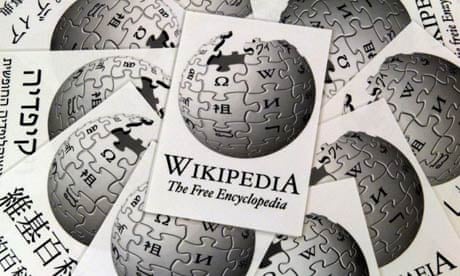I'm in the kitchen, peeling parsnips and thinking about where a blogpost about how the internet is helping writers in their research might wittily commence. A small cubby-hole above my head is stashed with articles and cuttings deemed keepers, and one (I'm thinking) is an assemblage of bon mots from authors on how to write fiction, carefully saved one Saturday from the Guardian. Therein lay a fun one from Zadie Smith about the internet. To my left is the internet. Despite the extreme proximity of the paper copy, my fastest option, I'm quite sure, is to eschew riffling through a stack of already-fading cuttings in favour of some Googling at the kitchen table. Putting parsnips on hold, my fingers touch characters and our Zadie Smith quote is there: "Work on a computer that is disconnected from the internet." Perfect.
For non-fiction writing, the opposite is close to becoming true. I have just finished concocting my first book: a lightly-tossed gallimaufry about life, the universe and everything ("write about what you know") centrally themed on Douglas Adams's famous and much-loved 42. Writing a book about a number? One number? "Can't be done Peter," was the ever-helpful consensus down The Coach and Horses. So being "differently interesting" on each page was my challenge for six months – but without the internet, Wikipedia and Google I wouldn't have even tried to begin (so much so that I have committed myself to donating to Wikipedia a small tithe from my royalties for each book bought in the UK. Perhaps rashly, I considered the Google guys to be doing OK for money.)
I am a Wikifan. If ever forced by some callous radio presenter to choose between Google or Wikipedia my unhesitating choice of desert island website would be Wikipedia. When I was seven or eight, the first book I truly loved was an encyclopedia. Newnes Pictorial Knowledge came as a set of heavy red volumes bearing the numbers one to 10 in gold on the spines and defined for me the smell of both books and knowledge. I read them all, then re-read them. Later on, seven of them were just the right height to substitute for a broken bed leg, and I became adept at lifting up the bed with my shoulder while swapping volumes. But sometimes things I wanted to know just weren't there. Even a 10-volume encyclopedia, I learned, was finite, so you had to look elsewhere or go without. Wikipedia now has on the way to 4m articles in English. This we can liken to a 1,600-volume printed encyclopedia, which turns to any page immediately, and effortlessly opens for you related pages and external sources on the thinnest belief that they may hold the nugget that will fulfil your informational needs as a writer. And you can still deal with the parsnips.
I should introduce a note of caution about notes of caution - specifically, about a phenomenon I've seen in opinion pieces about Wikipedia: the questioning of the website's reliability. Perhaps because it's free, and we don't believe anything good can be, we generally accept the idea that Wikipedia is riven with flaky and hoax information, somehow a risky place to be relying on for your research. Guess what? Without irony, these articles invariably lack supporting data on this point. In the last few months I've read thousands of pages, followed many citation links, and externally cross-checked many facts. I believe errors in Wikipedia are really rather rare.
The 10th anniversary of Douglas Adams's death is 11 May 2011. He died just a few months after the birth of Wikipedia. Initially a self-confessed technophobe, he became an ardent convert to computers and the internet and was closely involved in a collaborative online encyclopedia in the two years before his death. It was called H2G2, perhaps not wholly scrutably after The Hitch Hiker's Guide to the Galaxy. Adams was made, of course, User 42. Unlike its American cousin, the H2G2 project fell short of achieving critical mass (it still exists under the aegis of the BBC). But the idea was, still is, a truly great one. Wikimedians – the volunteers around the world responsible for writing, marshalling and editing the content of Wikipedia – are doing us (the millions who use Wikipedia every day) the most amazing favour. Ever more comprehensive and authoritative, their efforts are building the world's greatest systematised repository of human knowledge. While mostly unsung and unseen, the Wikimedians do actually surface on a regular basis. In London, I discovered, their next meeting is scheduled for the week following my book's publication which will, naturally, be on … 4/2. The title of the next meeting? London Wikimedia Meetup Number 42. I smiled. I like to think Douglas Adams might have too.

Comments (…)
Sign in or create your Guardian account to join the discussion